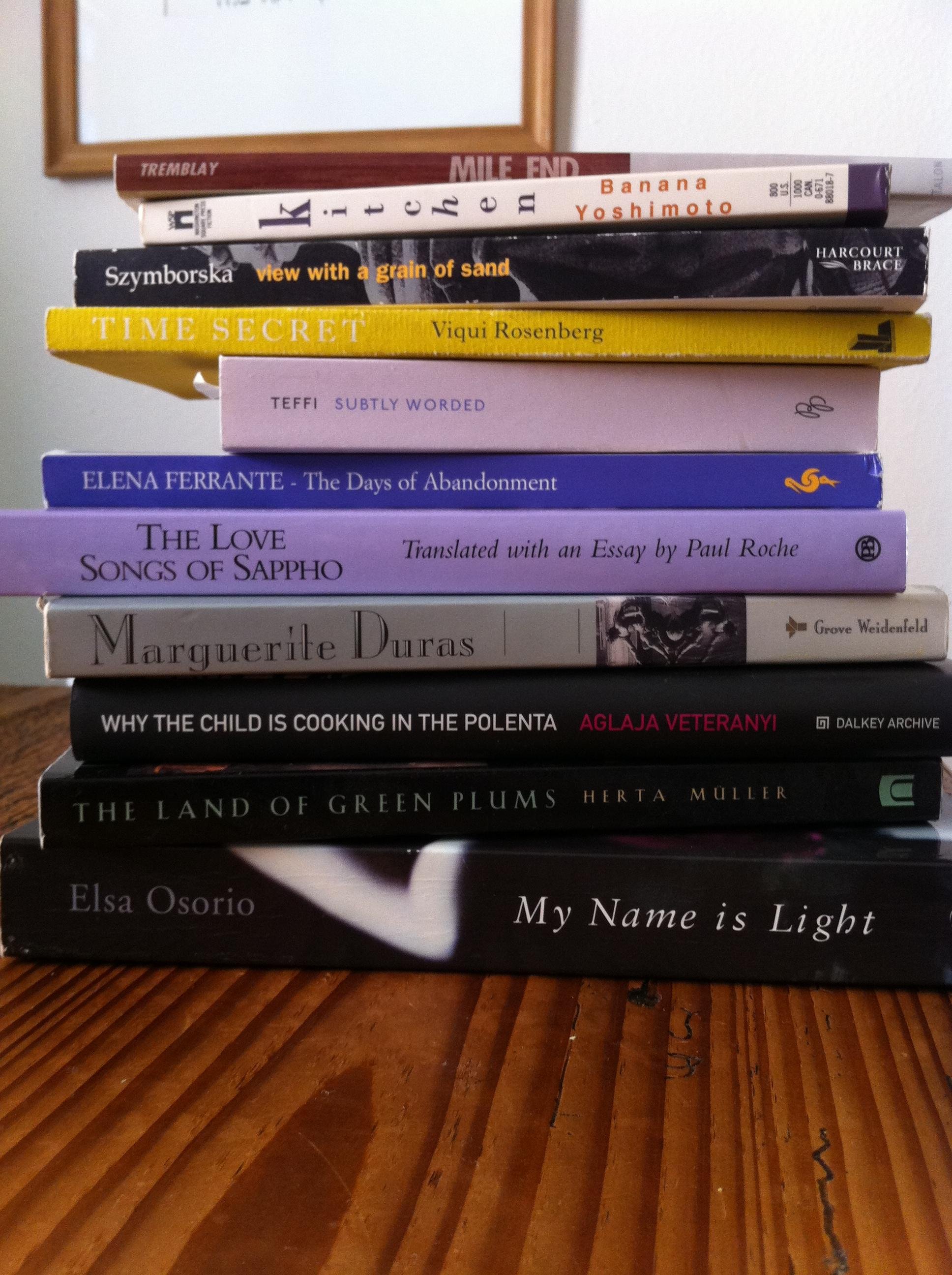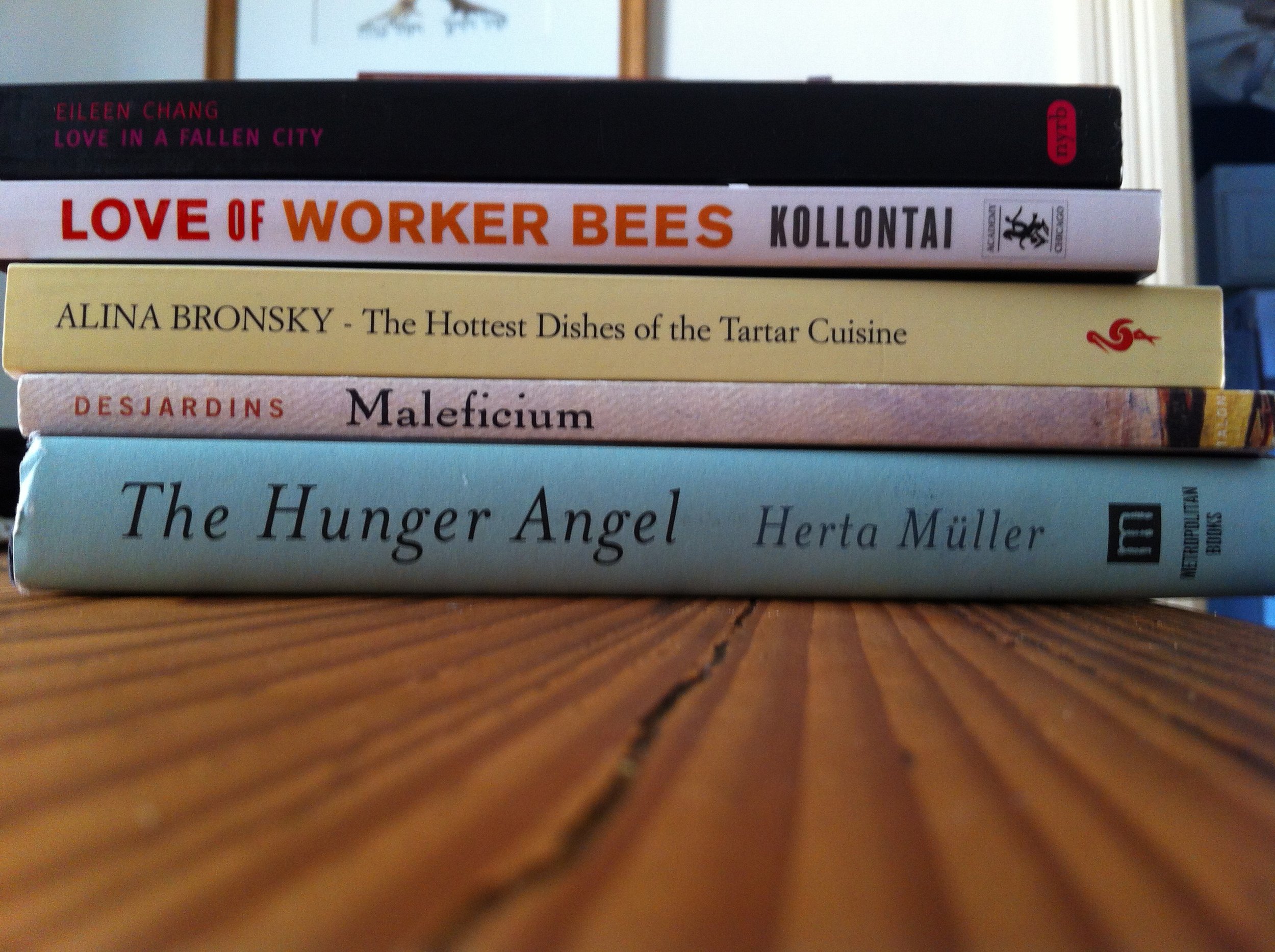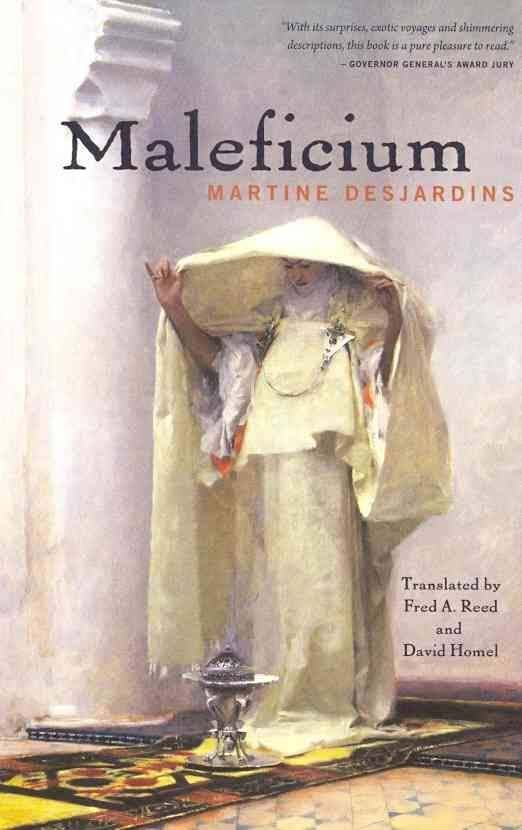
Last week I was nervously waiting at the eye doctor (nervous mainly because of the pandemic, and a woman sitting just a smidge too close, though everyone was masked if not double-masked) and reading Maleficium*, a slender novel-in-stories by Martine Desjardins (trans. Fred A. Reed and David Homel), when I came upon the chapter "Oculus Malignus," a 19th century confession from a maker of tortoiseshell eyeglasses who has recently gone blind. (*Disclosure: I am an affiliate of Bookshop.org and I will earn a commission if you click through and make a purchase.)
The speaker had traveled to Muscat in search of tortoiseshell. There, in addition to slaughtering turtles, he meets a missionary with a scar on her upper lip and "irises [...] of an acidic ocher hue." The missionary shows him her pince-nez, much finer than any tortoiseshell he'd ever seen. Greedily, he asks where she found such material, and she is happy to oblige. By staring directly into the sun, "her lachrymal glands [would secrete] a substance that solidified when exposed to sunlight, and formed scaly tears."
All of the stories are sensory-rich confessions, nearly all from greedy men who had traveled from Montreal east in search of some prized exotic material. They all come upon this mysteriously seductive woman with the scarred upper lip and some other monstrous quality. They all suffer horribly for their transgressions. As other reviewers have noted, this could be a bit repetitive, but there is a certain satisfaction in seeing the particular twist Desjardins puts on each tale. The gem-like prose, even when discussing all manner of effluvia, is a joy to read.
Here is one more example that captures the beautiful but bizarre storytelling, this time about the woman's ear:
"The circumvolutions formed a perfect helix at the tip of each lobe, and the vortex with its spirals drew me into the mysterious orifice of her ear canal. I would have liked to place my eye against it, as a keyhole; through a kind of subtle intuition, suddenly I was sure I would find the key to new architectures there."
The saffron-rich first story inspired me to make a saffron-infused gin cocktail for the virtual version of Publishing Cocktails' annual summer book swap. Last summer, when an actual book swap was possible, I gave one of my absolute favorite books, Elena Ferrante's Days of Abandonment and received Charlotte Perkins Gilman's What Diantha Did. I hope next summer it will once again be possible to actually foist a favorite on a fellow book lover.

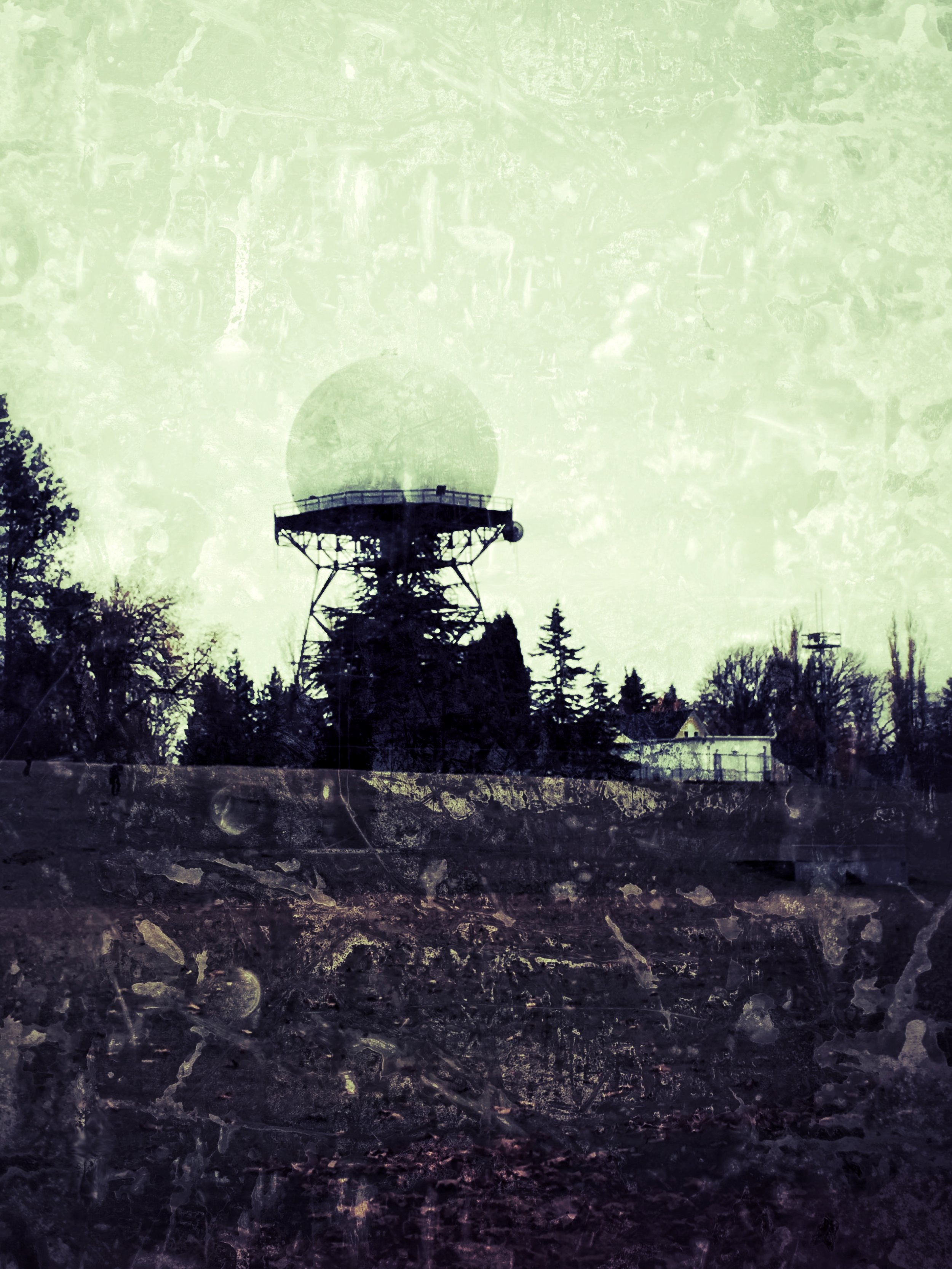 Well, gosh, November snuck up on me! I try not to let a whole month go by without popping in over here, so here's what's been cooking.
Well, gosh, November snuck up on me! I try not to let a whole month go by without popping in over here, so here's what's been cooking.  I just finished teaching for the first time a fiction thesis writing class in the online MA program I work for. It's an interesting class that coaches students through the first 30-50 pages of a novel or story collection, and I am embarking upon it once again very soon, just as my own novel will be hitting shelves. Our final week's discussion on paths to publication (traditional vs. hybrid vs. self-publishing) will be rather timely. In related news, as I head out on book tour next year, I'll be teaching online for Hugo House as well: an
I just finished teaching for the first time a fiction thesis writing class in the online MA program I work for. It's an interesting class that coaches students through the first 30-50 pages of a novel or story collection, and I am embarking upon it once again very soon, just as my own novel will be hitting shelves. Our final week's discussion on paths to publication (traditional vs. hybrid vs. self-publishing) will be rather timely. In related news, as I head out on book tour next year, I'll be teaching online for Hugo House as well: an 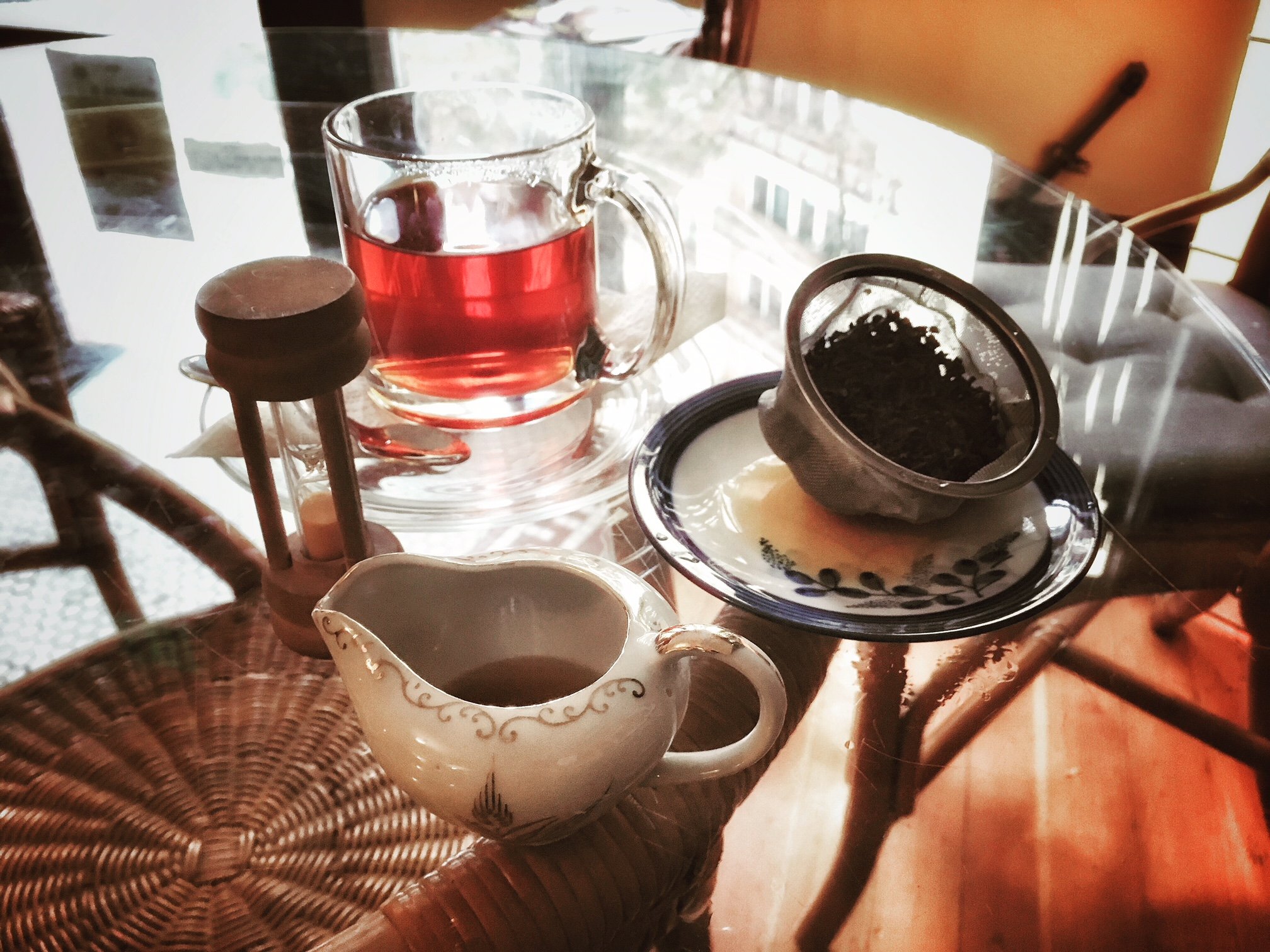 Amidst all this activity, I'm looking forward to some holiday downtime, if that is even possible. Lately I've been starting my day with Anne Carson's Plainwater and ending it with Mavis Gallant's A Fairly Good Time: a superb literary sandwich. Before the year is over, I hope to get to Nathaniel Hawthorne's Gothic novel The House of the Seven Gables. I picked it up from a used bookstore in Montreal,
Amidst all this activity, I'm looking forward to some holiday downtime, if that is even possible. Lately I've been starting my day with Anne Carson's Plainwater and ending it with Mavis Gallant's A Fairly Good Time: a superb literary sandwich. Before the year is over, I hope to get to Nathaniel Hawthorne's Gothic novel The House of the Seven Gables. I picked it up from a used bookstore in Montreal, 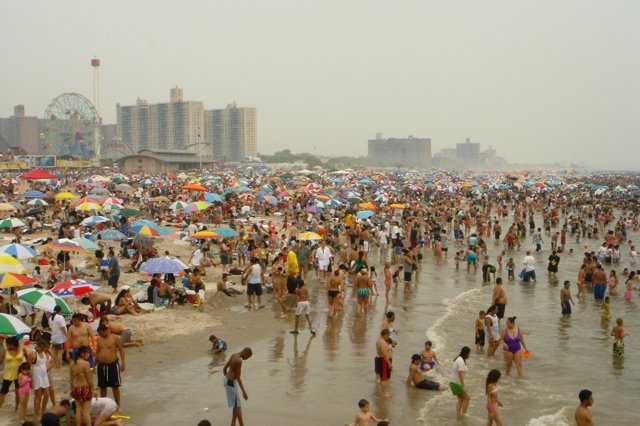
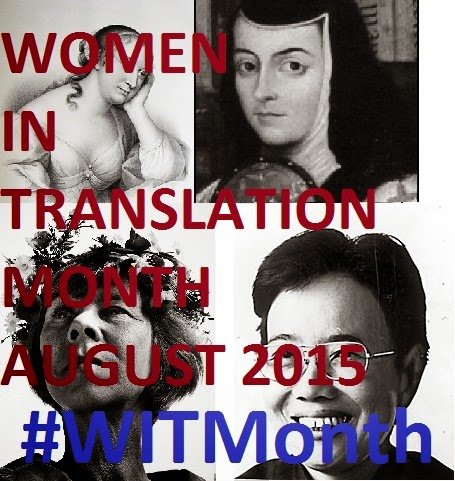 August is
August is 